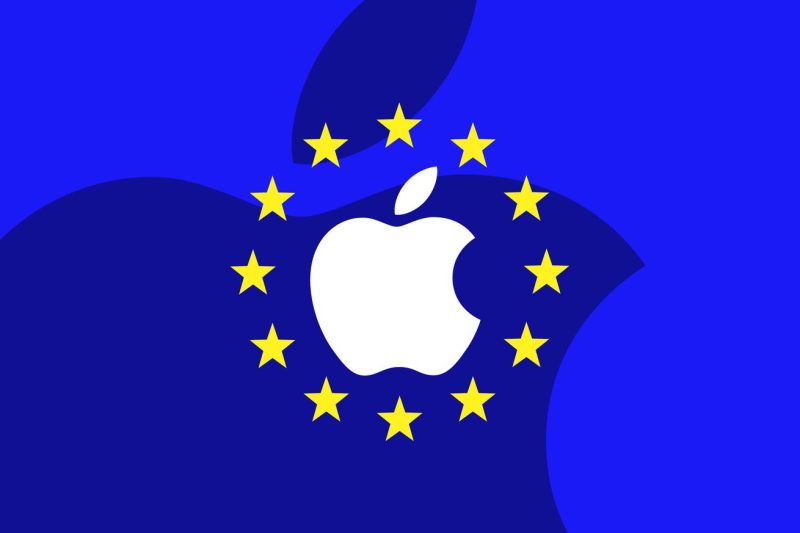Apple is First Company Charged with Violating EU’s DMA Rules
The landmark decision by the European Union to charge tech giant Apple for violating the Digital Markets Act (DMA) marks a significant turning point in the regulation of tech companies. The DMA was designed to ensure fair competition and protect consumers from anti-competitive practices in the digital market. Apple, known for its popular products and services, now finds itself at the center of a legal battle that could have far-reaching implications.
One of the key allegations against Apple is that it has abused its dominant position in the market, specifically in relation to its App Store. The EU Commission has accused Apple of giving preferential treatment to its own apps and services over those of competitors, thereby stifling competition and innovation. This behavior is seen as a clear violation of the DMA, which aims to promote a level playing field for all market players.
The case against Apple underscores the growing scrutiny that big tech companies face from regulators around the world. As technology continues to shape our daily lives and economy, policymakers are increasingly concerned about the power and influence that these companies wield. The EU’s decision to charge Apple sends a strong message that no company is above the law, regardless of its size or reputation.
Apple has vehemently denied the allegations and is expected to challenge the charges in court. The outcome of this case will be closely watched by industry observers, legal experts, and tech enthusiasts alike. Depending on the ruling, it could set a precedent for how other tech companies are regulated in the future.
In response to the charges, Apple has emphasized its commitment to compliance with EU regulations and has expressed confidence in its legal defense. The company has also highlighted the positive impact it has had on consumers and developers through its products and services.
While the legal battle between Apple and the EU unfolds, one thing is certain: the outcome will have significant implications for the tech industry as a whole. The case serves as a reminder that even the biggest names in tech are not immune to regulatory scrutiny and that fair competition is essential for a healthy and vibrant digital market.
In conclusion, the EU’s decision to charge Apple with violating the DMA marks a critical moment in the ongoing debate about tech regulation. As the case moves forward, the tech industry, consumers, and regulators will be closely monitoring the outcome and its potential impact on the future of competition in the digital market.
Overall, this case highlights the importance of strong regulatory frameworks to ensure a level playing field and protect consumers from anti-competitive practices. Only time will tell how this legal battle will shape the landscape of the tech industry in the years to come.

